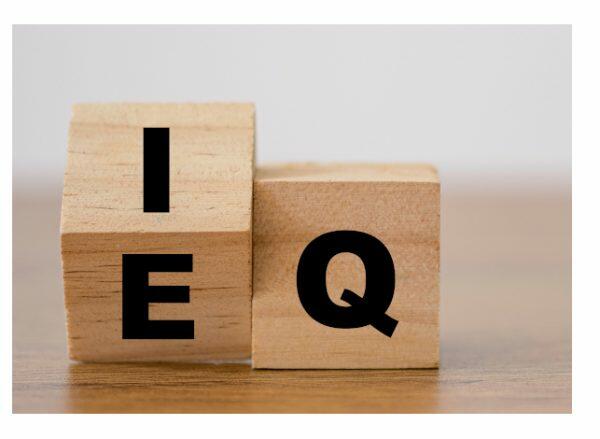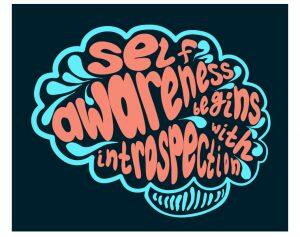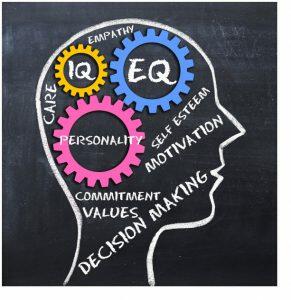
Effective management, leadership, conflict resolution skills improve the productivity and performance of individuals and groups. Through assessment, improved creativity, and carefully calibrated team building activities, people can increase their emotional intelligence for meaningful workplace change.
Assessment: The First Step in Developing Strong Emotional Intelligence
A valid assessment tool provides a snapshot of a subject’s emotional intelligence. Depending on the workplace or situation, assessments may be completed in an individual or group setting.
The results show test-takers where they stand, and where they’re starting from on the road to improvement. Noted are areas of strength and areas of necessary improvement. In a group setting, it can be helpful to look at the results of all members. Is the cohort overwhelmingly strong or weak in any particular area of measurement? Some group members may be able to coach or mentor each other in the areas of lack.

How Increasing Creativity Increases Emotional Intelligence
When an organization creates a space free from judgment or criticism of ideas, it can provide employees with an opportunity to generate real creativity. There are several methods by which this can take place, from open meetings to private communications, which may or may not be anonymous. Included in this is the idea of play.
Play is more than just for kids. It equals freedom from limits and established workplace rules; it can loosen inhibitions as far as creativity goes. When organizations mix up teams or departments for fresh perspectives, the cross-communication can further boost creativity, minimizing the silo effect and improving problem-solving skills. Creativity can prompt changes in thinking, including heightened awareness of emotions, how to manage them, and how to express them appropriately.
Team Building: A Powerful Tool in Building EQ
One of the benefits of team building is the ways in which it prompts participants to stretch and grow in intangible ways. The flexible format means that team building is carried out on- or off-site, and through diverse methods like formal programming, charity events, or adventure outings, just for starters.
There are several ways in which team building activities prompt creativity and emotional intelligence. Operating in a new space shakes things up and removes some of the barriers that keep people “staying in their lane” at work. Uniting people across departments in working toward a common goal can also generate this same effect; folks aren’t locked into their typical daily functions. They gain new perspectives and experience new ways of meeting challenges with folks they don’t normally work with.
Team building activities generate opportunities to practice empathy and build better interpersonal relationships, two key elements of emotional intelligence. Through specially designed activities, participants learn something new, and then practice it, reflect upon it, and get the chance to repeat it for reinforcement.
Why This Method of Learning Works So Well
Learning new behaviors can have the strongest effect when it happens in a setting where there’s freedom to make mistakes in a low-stakes setting. People get to “pretend” at say, being project manager, for example. Repetition of these tasks can increase the chances that new behaviors or awareness will stick and transfer back to the workplace on a day-to-day basis.
It also offers organizations – managers and leaders, in particular – insight into employees’ hidden talents. See what people are good at outside of their assigned roles and responsibilities at work. See how those talents can unlock possibilities for future success, in their existing or new roles. For example, some folks might have great conflict resolution skills while others may demonstrate clear leadership skills that put them into consideration for future promotion.

The Benefits of High EQ
Emotional intelligence is a quality that everyone is born within varying levels. The right training and practice can improve it, too. People with strong EQ tend to have a positive influence on others. They are adaptable, trusting and trustworthy, empathetic, sincere, and self-motivated. Those who hone these skills gain new perspectives that improve their decision-making abilities, as well as conflict resolution and leadership skills.
EQ assessments are a reliable way to see how well someone expresses inward and outward signs of emotional intelligence. This includes emotional self-awareness and regulation, and empathy and effective interpersonal skills. Opportunities for flexing creativity can help improve EQ. Team building exercises are a strong vehicle for promoting and encouraging the creativity necessary for measurable EQ improvement.
